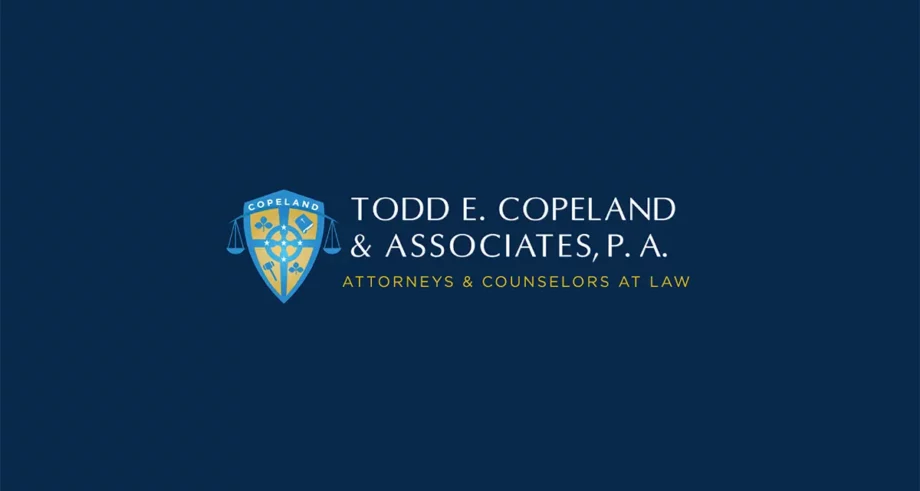It’s something that no expectant mother ever expects – the preterm birth of her baby resulting in a potentially devastating condition like cerebral palsy. Now, new research shows that testing for a particular gene variant could help identify babies at increased risk for brain injury and developmental problems in the event of a preterm birth.

Results of a groundbreaking study were announced at The Pregnancy Meeting, an annual conference of the Society for Maternal-Fetal Medicine held earlier this month in New Orleans. Researchers reported that a variant in SERPINE1, a gene involved in inflammation and blood clotting, also is associated with cerebral palsy and death in very preterm babies. This is the second such study that has linked gene variant with cerebral palsy risks. Cerebral palsy typically occurs shortly before or during childbirth when a baby does not receive sufficient oxygen to his or her brain. It’s particularly prevalent in babies born prematurely and can have permanent and lasting health consequences including muscle control issues.
This study, titled Genetic Predisposition to Adverse Neurodevelopmental Outcome After Early Preterm Birth: A Validation Analysis, was a joint project of the Eunice Kennedy Shriver NICHD Maternal-Fetal Medicine Units and Neonatal Research Networks. Researchers studied two fully different populations of babies born earlier than 32 weeks into mothers’ pregnancies and found the same genetic risk factors in both groups of infants.
“Preterm birth is the leading cause of childhood brain injury in otherwise normal children,” said study author Erin Clark, MD. “Genetics may allow identification of babies at increased risk so that we can target those babies for prevention and treatment strategies. These results add to the evidence that genes may play a role in risk of brain injury and death in preterm babies.”
In many children’s cases, cerebral palsy could well have been prevented. Scores of physicians have been held liable for CP based on proven failure including:
- Failure to interpret and respond to the changing conditions of the fetus during labor.
- Failure to act on changes in the mother’s condition during pregnancy.
- Failure to order specific tests during pregnancy; and not interpreting these tests correctly.
- Failure to perform a cesarean section in the presence of fetal distress.
- Failure to deliver the infant when the membranes have been ruptured for too long.
- Excessive use of vacuum extraction.
If your child shows signs of cerebral palsy and you believe a medical mistake may be to blame, have your child seen by a neurological specialist and contact an attorney experienced in cases involving cerebral palsy. Lawyers with Orlando’s Todd E. Copeland & Associates can be reached at 407-999-8995 or at 407-847-7277 in Kissimmee.
